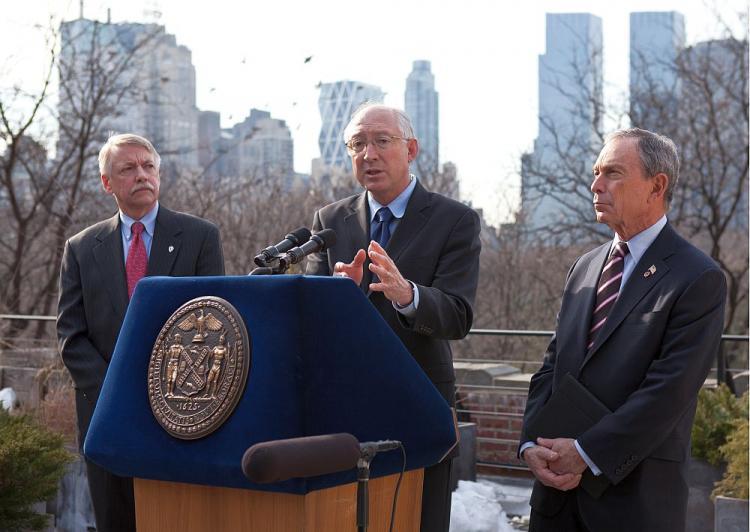U.S. Ambassador Ken Salazar warned on Aug. 22 that a judicial reform proposed by Mexican President Andrés Manuel López Obrador will “create turbulence” in the country’s economy in the coming years.
The controversial reform, set for a congressional vote in September, includes a provision requiring judges to be elected by popular vote. López Obrador has said that the reform is needed to combat judicial corruption.





